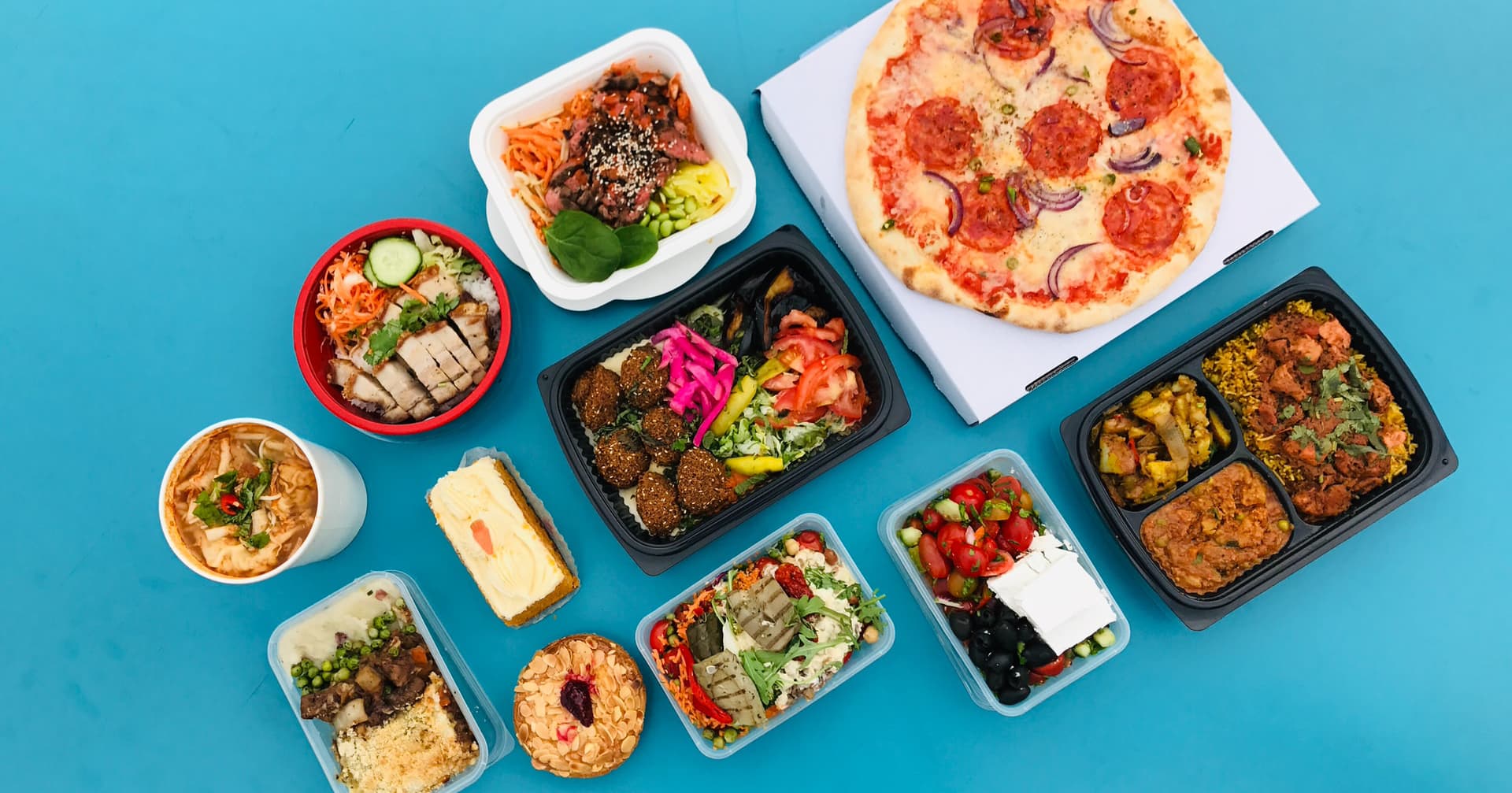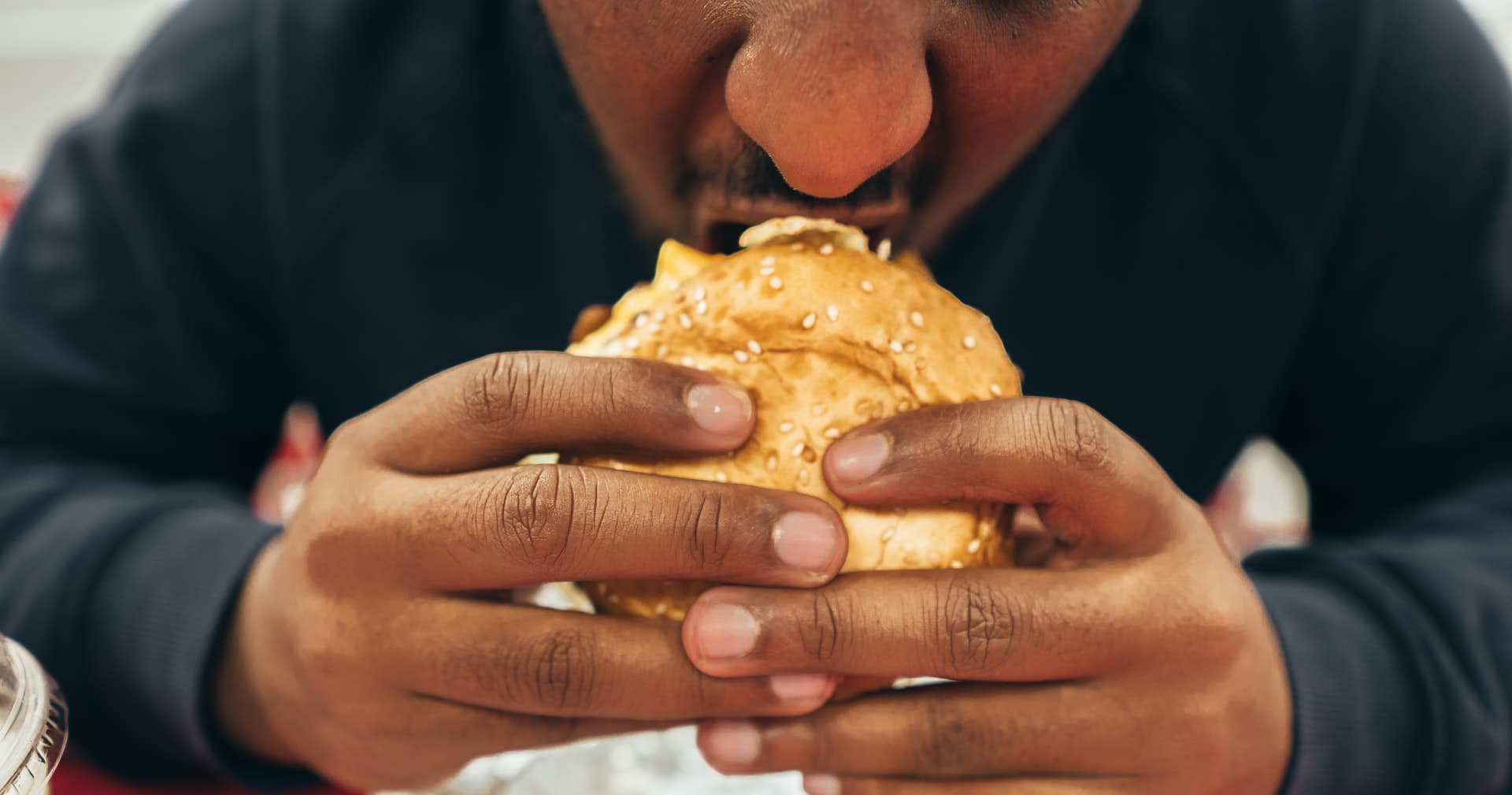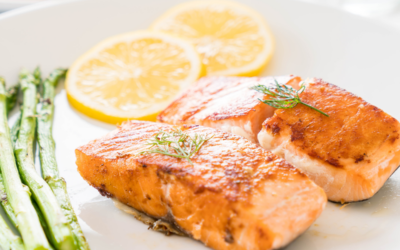A good relationship with food is significant. It can contribute largely not only to your physical health, but your mental health as well. If you feel good about what you eat, you feel good about yourself.
These days, people put up a lot of boundaries around food that create unhealthy relationships. They have rules they feel they need to follow, and when those rules aren’t followed, they don’t feel good about themselves.
So what does it mean to have a good relationship with food and its benefits? Let’s take a look.

What is a Good Relationship with Food?
A good relationship with food has to do with how you relate to your food. Do you eat what your body craves or what your textbook diet stipulates?
Eating what your body craves and desires is an indication of a good relationship with food. When you stop making food a reward, you are allowing your body to dictate what it wants and needs.
Having a good relationship with food involves avoiding making certain foods “off limits,” and avoiding guilt when you eat. Focus on the benefits of what you’re eating instead of the negatives.
When you love what you eat, your relationship with your food is good. Eating vicariously with enjoyment and relish is another symptom of having a good relationship with food.
How to Develop a Good Relationship with Food
There are many symptoms of good relationships with food. We have highlighted some tips to improve your relationship below.
- Eat when you’re hungry and stop when you feel full
- Don’t count calories or restrict what you’re consuming, unless there is an actual health-related reason
- Don’t be influenced by the opinions of others
- Believe that food does not define you
- Don’t obsess over numbers when it comes to food

Healthy Eating and Good Relationship with Food
1. Social Gatherings
Food is an essential aspect of life, especially in terms of social gatherings. When there is a wedding, birthday, or family gathering, food is always involved. Food is essential, and it plays a significant role in our social lives.
However, society also pushes diets. Dieting, weight loss, and what kind of/how much food we’re consuming can be part of interacting with others, especially in conversation. It’s easy to get caught up in who is following what diet and whether or not it’s working for them. It makes you think about your own body and may make you feel like you should be doing “better.”
The important thing is to not compare yourself to others. Eat healthily, and set your own goals instead of listening to the suggestions of others.
If you’re trying to lose weight but keep up with your social calendar, try to carry snacks that you love everywhere with you so that you can eat when your body craves them.
Unless there is a specific allergy that prevents you from eating certain foods, all foods are okay as long as you eat them moderately.
2. Food as a Reward
People, usually parents or teachers, use food as a reward for any good deeds and behaviors. It’s a learned habit that can be detrimental as we age.
Employers reward their employees with pizza parties or gift cards, and in turn we want to reward ourselves sometimes after a stressful day at work – with a guilty pleasure.
Don’t let food as a reward system become the norm. It’s easy to use this system as a justification for eating food that is bad for you more often, so the “reward” is actually hurting you in the long run.
3. Stress
Watching your food intake – what exactly you’re eating, the fat and calorie content, etc. – can cause extremely high levels of stress, especially if you’re not meeting your goals in terms of numbers of weight loss.
You’re also likely not eating what you want to eat, and therefore, unhappy. Mental health can have a massive effect on your physical health as well, so putting more and more stress on yourself can hinder your goals in terms of weight loss.
Understanding Your Relationship with Food
It might be hard to know exactly where you stand in terms of your relationship with food. If you’re in relatively good shape, you might think to yourself, “I’m not doing too bad.” But physical health isn’t necessarily an indicator of a good relationship.
One of the most obvious signs of a poor or complicated relationship with food is feeling guilty about what and how often you eat. Pay close attention to your feelings, and they’ll tell you where your relationship with food stands. If you find yourself associating negative feelings with food, you can and should do better.

Choosing What Food You Eat
So if you have a bad or not-so-great relationship with food, how do you choose what you eat? What is “good” food?
Good food is chosen from what your body desires at the moment.
Dieting does not automatically mean you have a good relationship with food, and it also doesn’t mean you’re healthier than others. There are two guidelines to choosing what and how much to eat:
- Choose your food based on what your body craves
- Eat in moderation
When you get a handle on your relationship with food, there are a number of health benefits that go along with it.
1. Mental wellness
Cutting back on restrictions means less stress on your mental health. Learn to see food in a more positive light and the self-criticism will fall away.
2. Nutrient Content
Diets often restrict the body from fats, carbs, foods that have essential nutrients, etc. Your body usually craves something because it needs a nutrient or mineral, and wants you to go to the source. Broadening what you eat means your body will get what it means.
3. Less Stress
When you eat what you love, you become more happy and appreciative of yourself and your surroundings. Eating without burden lowers stress as you stop putting so many rules in place to follow.
Conclusion
Food is an essential part of our life. We have to eat; there’s no arguing with that. The body survives on fuel from food.
For food to do its job to the most total capacity, you have to develop a good relationship. Let your body eat what it loves and craves. Don’t restrict yourself to diets or the views and criticisms of others. Take the time to assess your relationship with food and how it can improve. There are more benefits than you might think!















